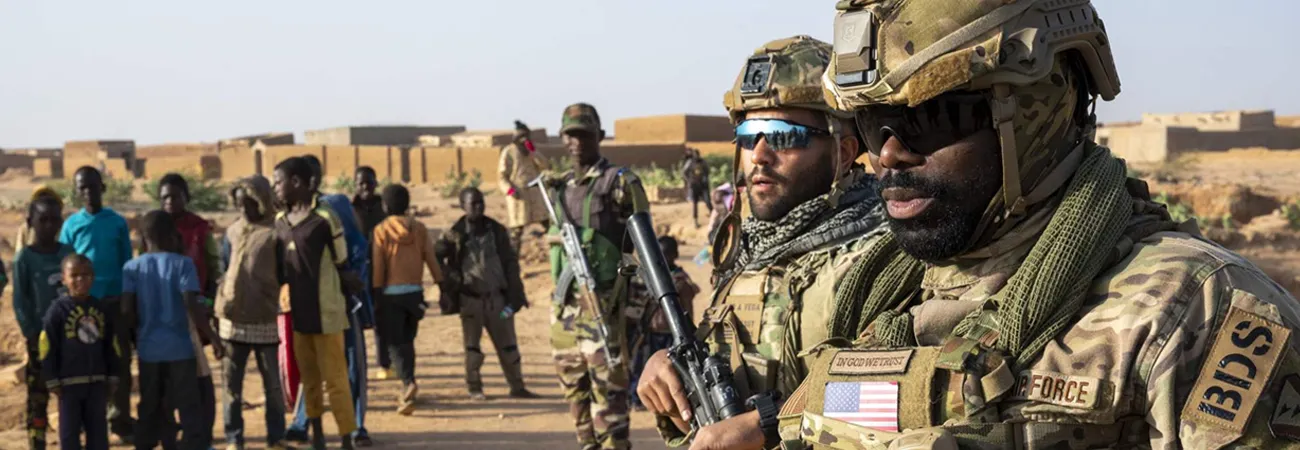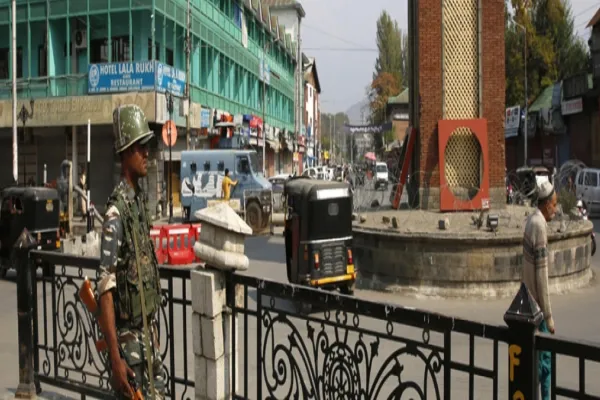i NEWS INTERNATIONAL
The US military withdrew from a final base in jihadist-hit Niger, more than a year after coup leaders in the African country demanded its troops leave. After nearly 800 soldiers pulled out of a base in the capital Niamey in early July, around 200 had remained at the large Agadez base in northern Niger. The "withdrawal of US forces and assets from Air Base 201 in Agadez is complete," the Pentagon said in a joint statement with Niger's defence ministry. "This effort... will continue between US and Nigerien armed forces over the coming weeks to ensure the full withdrawal is complete as planned," it added. Deputy Pentagon Press Secretary Sabrina Singh told reporters that around "less than two dozen folks" were still on the ground in Niger. The remaining personnel are at the US embassy and are performing "administrative work in preparing for the completion of the withdrawal", she said.
Niger's Air-Info news site confirmed the departure of the last American forces from Agadez. It said officers from both countries attended a handover ceremony, which ended with the taking-off of the last US army plane. US Major General Kenneth Ekman, who is coordinating the withdrawal from Niger, had previously announced the US troop exit would be completed in early August, ahead of the mid-September deadline. Niger in recent years has been a lynchpin in US and French strategy to combat jihadists in West Africa, especially since the military seized power in Mali and Burkina Faso, becoming hostile to Western armed forces. The July 26, 2023 coup in Niger -- which overthrew the democratically elected president Mohamed Bazoum -- has seen the new regime move closer to its two neighbours and force out the French and US military from the country.
The three military-led nations have since formed the Confederation of Sahel States (AES). The US withdrawal from Niger kicked off in May, two months after the government said it was ending a military cooperation agreement with Washington, claiming the presence of US soldiers was now "illegal". Ekman has said the United States will continue to work with other nations, such as Ivory Coast who face a violent extremist threat. Niger's regime under General Abdourahamane Tiani is reviewing its foreign policy while declaring it is on a march to "sovereignty". It has tilted notably towards Russia -- as has Burkina and Mali -- which has sent instructors and military equipment this year. Niger has also tightened relations with Turkey and Iran.
Credit: Independent News Pakistan









